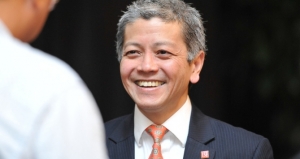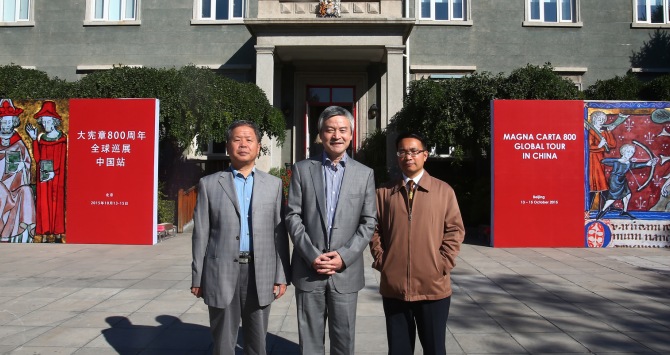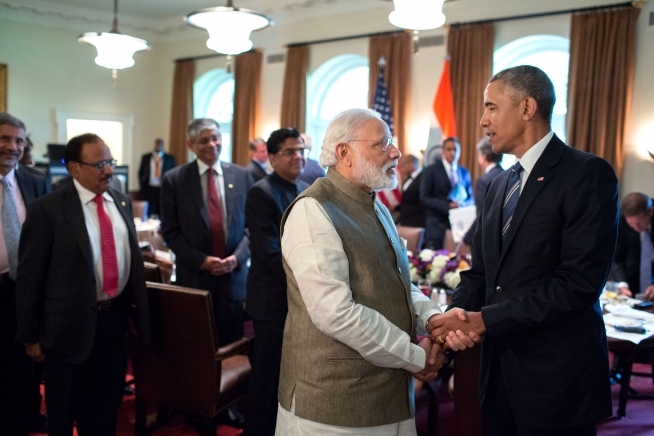The Magna Carta exhibit in Beijing was suddenly moved from Renmin University to the British Ambassador’s residence, where few will get to see it. On yesterday’s BBC Newshour, Dr Mayling Birney spoke with James Coomarasamy about why Chinese leaders and Renmin University are so wary of the Magna Carta.
JC: The Magna Carta is on a world tour this year to celebrate its 800th birthday. It was due to go on display in Beijing’s Renmin University this week, but at the last minute the exhibit was cancelled and it’s now on display at the British Ambassador’s residence instead, with few tickets available to the public and no explanation given. The agreement, signed by King John and his barons of course has come to stand for the rule of law, curbs of executive power, and freedom to enjoy basic liberties.
So, what might have put the Chinese off? Dr Mayling Birney is a Chinese specialist at the Department of International Development at the London School of Economics.
MB: The Magna Carta certainly symbolises the birth of constitutions, and the political and legal rights that limit a repressive state. China has a constitution, but its relationship with its own constitution is very complex. It wants some provisions enforced, but not those provisions that would give more rights to the public or more rights to their own people’s congress which nominally is the legislative institution of the country but in fact is more of a rubber-stamped institution for laws that are created by other people.
JC: So what might they be afraid of? That Chinese citizens might have buried about in this 13th-century document and found cause to question their rulers?
MB: Well, they’re certainly not expecting that. But China has an approach to what they call ‘instability incidents’ which is to try and nip them in the bud – to prevent anything, even blogs, that might go viral and cover this. So, new media promotion of the idea of a consitution or of the Magna Carta.
Also, any kind of gathering – not necessarily a protest but just a large gathering would be something that the officials at Renmin University would get into trouble for. So, it could be that the Central Party has decided that this [the Magna Carta] should not go on display.
It could also be the party officials who run Renmin University (and all universities in China are ultimately run by party officials) are afraid that a blogger could cover this which could go viral, and even though they would have no direct control over that, they could get into big trouble for that. So, it could be a way of the university insulating itself from criticism.
JC: How well-known is the Magna Carta in China?
MB: The Magna Carta is not necessarily known by the public, and certainly they wouldn’t interpret it the same way that we would. But legal activists understand the Magna Carta as a symbol of constitutionalism, intellectuals in China, and people who are internet savvy and who read a lot – and so this is an important group in China that the party does not want to encourage.
And at the same time in China over the last few years that there’s been a promotion of laws and what they call ‘rule of law’. There has also been a crackdown on legal activists and also on people calling for constitutionalism – that is the enforcement of the constitution, of China’s own constitution, and of political and legal rights against the state.
Related Posts
   |







1 Comments